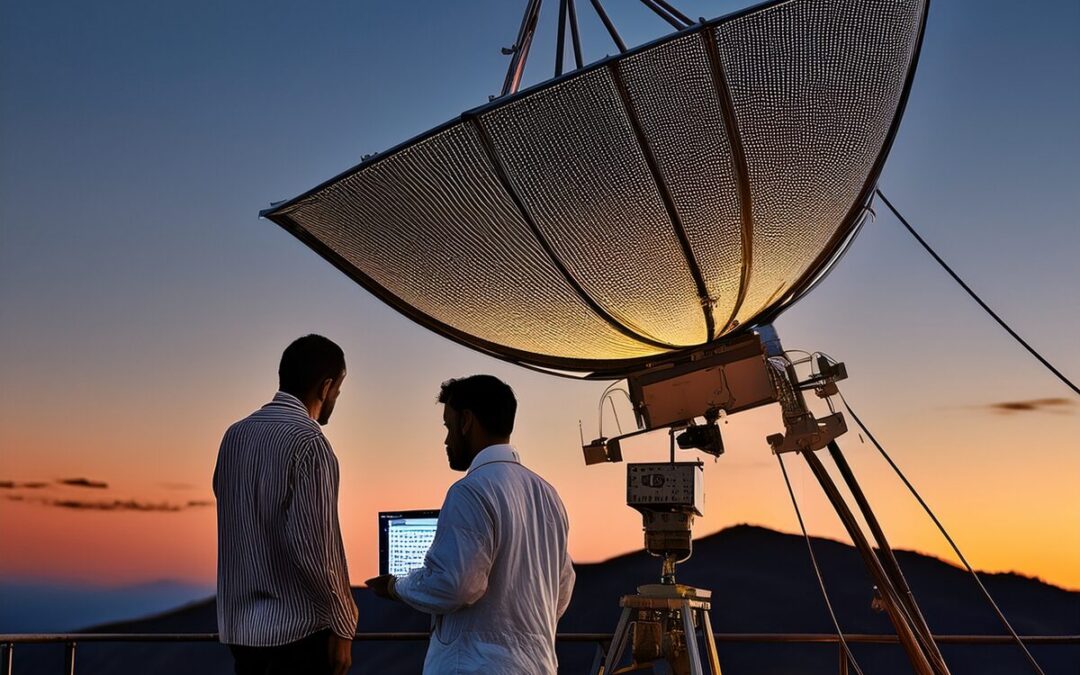While fiber optic cables already send data at rates believed to be impossible just a decade ago, things are about to get even faster. Recently Alcatel-Lucent and the British-based multinational telecommunications services company BT reached speeds of 1.4 terabits per second over an already existing fiber optic cable. The experiment is part of a bigger BT strategy to advance fiber optic technology.
On traditional fiber cables, the gaps between transmission channels are 50GHz, but in this experiment, scientists varied the gaps. Data was sent over a transparent layer on top of existing transmission. The experiment led to an increased transmission rate of 42.5 percent. The data featured a spectral efficiency of 5.7 bits per second per Hertz, a truly astonishing speed. What is even more impressive is that these speeds were reached over existing technology.
“We worked with Alcatel-Lucent to push the boundaries of fiber technology, allowing us to support the ever-increasing bandwidth required by our customers, and deliver new and exciting services which rely on fast, data-hungry applications,” Dr Tim Whitley, head of BT Research and Innovation, said on the Inquirer.net.
Fiber optic technology continues to develop at an astounding rate. Speeds that weren’t even imaginable years ago are already reality. As the fiber revolution continues to grow, GeoTel Communications can help urban planners, government officials and service providers ensure they are maximizing the potential of their fiber networks.
GeoTel’s fiber optic maps and other telecom data products provide valuable insight into the competitive fiber optic landscape of a particular city or metro area. Our data sets are digitized and layered onto the highest quality street data available, allowing businesses, telecom providers and urban plans to locate lit, dark or long haul fiber quickly and efficiently. If you are interested in obtaining telecommunications GIS data to analyze telecom networks and make business decisions, contact GeoTel Communications at (800) 277-2172.


